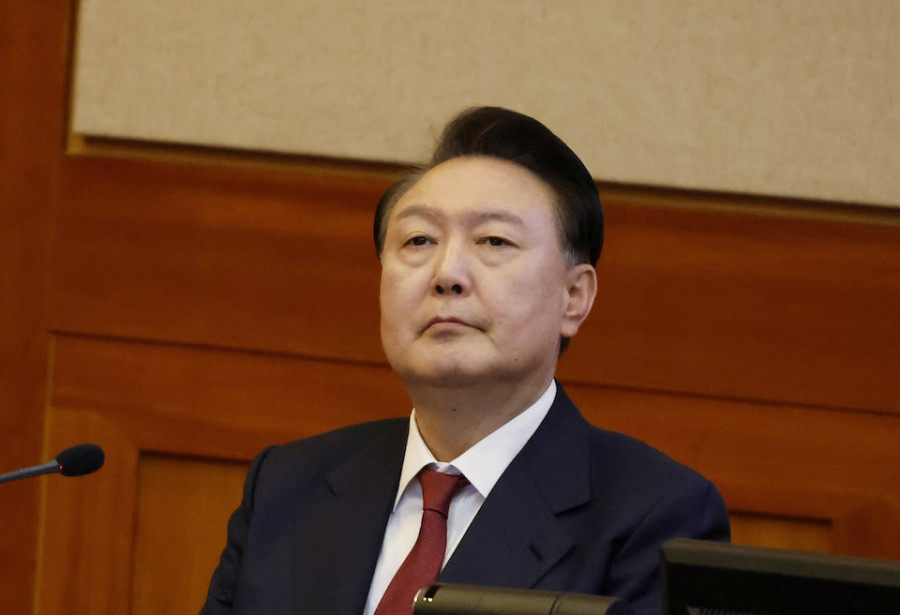World
Deepfakes cast shadow over South Korea’s presidential election
These videos feature leading presidential contenders, including main opposition leader Rep. Lee Jae-myung and ruling party figures such as Han Dong-hoon and Rep. Ahn Cheol-soo, in manipulated scenarios designed to ridicule or discredit them.
The Korea Herald
As South Korea prepares for its presidential election on June 3, deepfake videos targeting major candidates are spreading rapidly on social media, raising concerns the content could undermine the integrity of their campaigns.
Despite legal restrictions on the use of AI-generated content for campaign purposes, major platforms such as TikTok and X are saturated with satirical and deceptive deepfake clips.
These videos feature leading presidential contenders, including main opposition leader Rep. Lee Jae-myung and ruling party figures such as Han Dong-hoon and Rep. Ahn Cheol-soo, in manipulated scenarios designed to ridicule or discredit them.
One viral video, viewed nearly 1.4 million times, shows Yoon appearing to pull off Han’s wig. Another depicts Lee in a detention cell. The simplicity and speed of AI tools have made such manipulations effortless — a realistic campaign-style deepfake can now be made in under two minutes using publicly accessible generative AI tools.
The spread of such content is prompting concern among legal experts and scholars.
While the amended Public Official Election Act prohibits AI-generated content that is difficult to distinguish from reality 90 days before polling day — punishable by up to seven years in prison or fines of up to 50 million won — enforcement remains limited.
Police have yet to indict anyone under the new provision but they say charges may also be brought under existing defamation laws.
Bae Sang-hoon, a police administration professor at Woosuk University, warned that the “indiscreet creation and sharing of deepfakes could undermine the meaning of South Korea’s hard-won democracy.”
He added that “certain groups lacking media literacy may struggle to differentiate truth from fiction, and this could skew voting decisions among vulnerable populations.”
“Deepfake content has the potential to shape public perceptions in dangerous ways, especially among voters who are not strongly aligned with any political party,” said Bae. “Sensational or provocative material, regardless of its factual accuracy, can leave lasting impressions, reinforcing negative views of candidates without any basis in truth.”
Election authorities anticipate a surge in election law violations. During the 2022 election, more than 2,000 election-related crimes were recorded, the highest since 2000, with over 40 percent related to black propaganda or misinformation about candidates or their families.
Prosecutors fear that deepfakes and AI-driven manipulation could push these numbers even higher this year.
In response, the National Election Commission and the police are on high alert. Police have set up investigation teams at 278 precincts nationwide to monitor election crimes, including deepfake-related offenses. However, with the legal mandate requiring AI-generated content to carry a watermark not taking effect until next year, experts worry that efforts to control disinformation during the current election period may be too little, too late.
— In association with Asia News Network




 20.36°C Kathmandu
20.36°C Kathmandu















